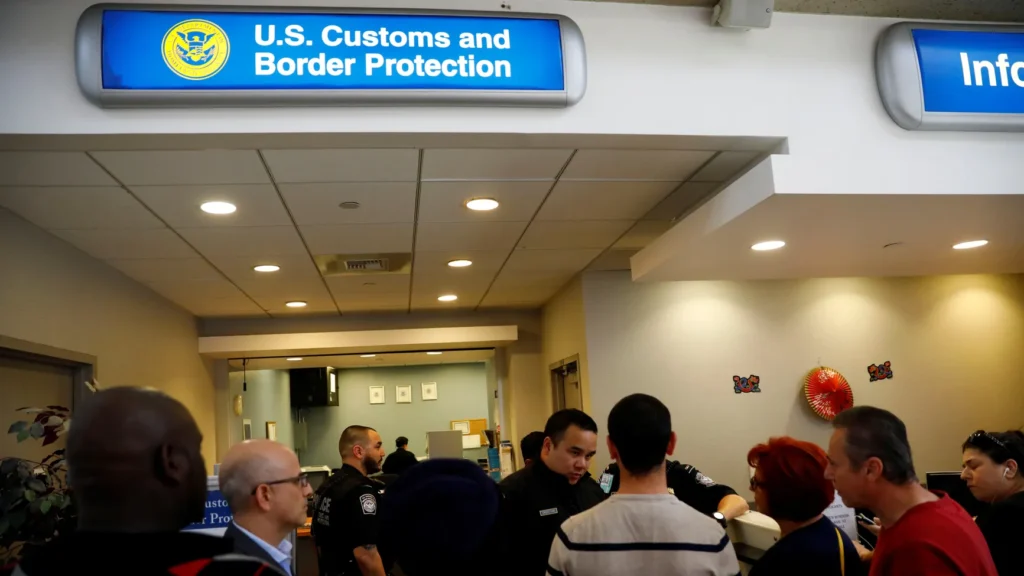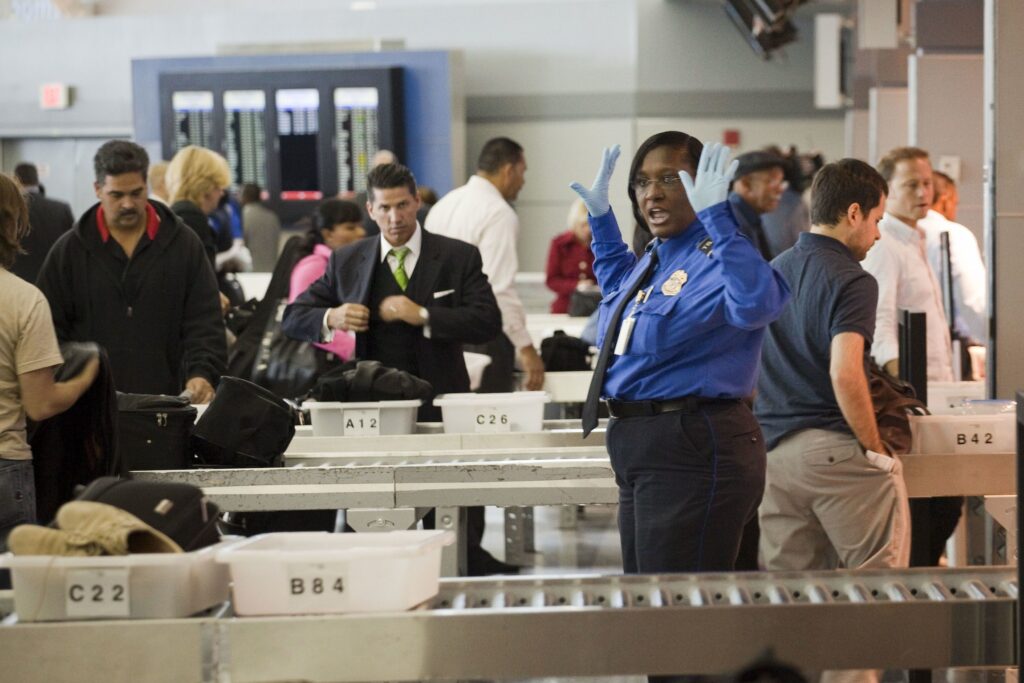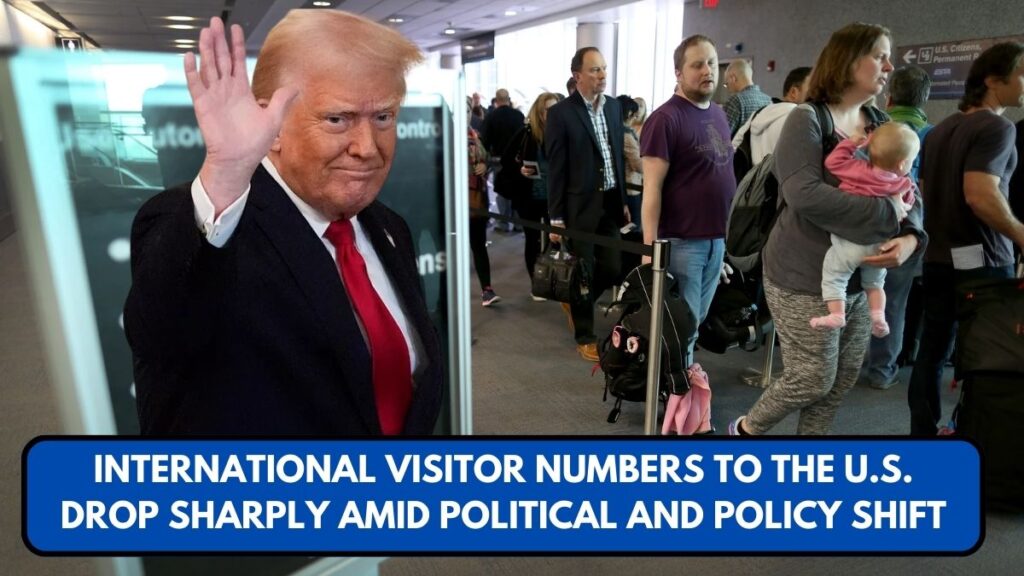The United States is facing a steep drop in international travel, and the ripple effects are already shaking the economy. Data from the first quarter of 2025 reveals a worrying trend: fewer tourists are coming to America, and the financial fallout is becoming too big to ignore.
According to data reported by AP News, international arrivals to the U.S. fell by 11.6% in March 2025 compared to the same period in 2024. In total, only 7.1 million overseas visitors arrived during Q1 2025—a 3.3% decline year-over-year. Analysts now expect a 9.4% drop in foreign visitors for the year.

Politics, Policies, and Perceptions
Multiple factors are contributing to the decline in tourism, but political tensions top the list.
President Donald Trump’s return to the White House has led to growing unease among potential travelers. His controversial comments about foreign leaders and policies—including remarks undermining Canadian sovereignty and criticizing Ukrainian leadership—have stirred international backlash. Tourism experts say this rhetoric is directly discouraging travel to the U.S.
“There’s no denying the political climate is affecting visitor sentiment,” said a senior economist from Tourism Economics, which tracks global travel trends.
Further complicating matters are policy changes. For example, new travel requirements such as mandatory registration for any stay longer than 30 days have made trips to the U.S. less appealing. These regulations, enforced by U.S. Customs and Border Protection, are adding red tape that potential tourists are not willing to navigate.
Economic Shockwaves
The fallout from declining tourism is hitting American wallets hard. Experts estimate the U.S. could lose over $9 billion in international visitor spending in 2025 alone. This sharp decline not only hurts the hospitality sector but also affects airlines, local attractions, and thousands of small businesses.
Canadian tourists, traditionally among the most frequent U.S. visitors, are staying away in large numbers. Some U.S. cities are feeling the sting more than others:
- Nashville has seen a 70% drop in bookings from Canada.
- Philadelphia officials worry about lagging international turnout ahead of the 250th anniversary of American independence in 2026.
- Flight bookings across U.S.-Canada routes have fallen by up to 40%, prompting airlines to cut services.
This downturn could lead to the loss of more than 14,000 jobs tied directly to tourism, according to projections.
The situation is also taking a toll on airlines. Delta, United, and other major carriers have adjusted their revenue forecasts, citing the dip in international demand. Airline stocks have taken a hit, with March 2025 seeing some of the steepest declines since the pandemic years. MarketWatch reports the downturn could extend into 2026 if conditions do not improve.
Long Road to Recovery
Before the pandemic, international travel was one of the United States’ most reliable economic engines. In 2019, overseas travelers spent more than $150 billion in the U.S., according to the U.S. Travel Association. While tourism bounced back gradually post-COVID, the current political and regulatory environment is now reversing those gains.
Analysts warn the U.S. may not see pre-pandemic international visitor numbers return until 2029, a full four years later than previously forecasted. This delay could severely impact long-term recovery plans, especially for cities and states that rely heavily on tourism revenues..

What’s at Stake?
Besides economic losses, the decline in international travel also affects America’s global image. As fewer people visit, opportunities for cultural exchange and diplomatic goodwill also diminish.
Tourism officials across the country are calling on federal agencies, including the U.S. Department of Commerce and U.S. State Department, to ease travel restrictions and launch initiatives to improve America’s standing abroad.
Without meaningful policy shifts and diplomatic engagement, experts warn that the U.S. risks long-term damage to its position as a top global destination.
This article has been carefully fact-checked by our editorial team to ensure accuracy and eliminate any misleading information. We are committed to maintaining the highest standards of integrity in our content.

Himanshu Sharma writes for Weekend Spy, focusing on recruitment, government schemes, and current affairs. He is dedicated to making complex information accessible to readers.
Himanshu enjoys playing chess, hiking, and trying new recipes, always seeking ways to combine his love for writing with his passion for exploration. Connect with Drop him an email at [email protected].







